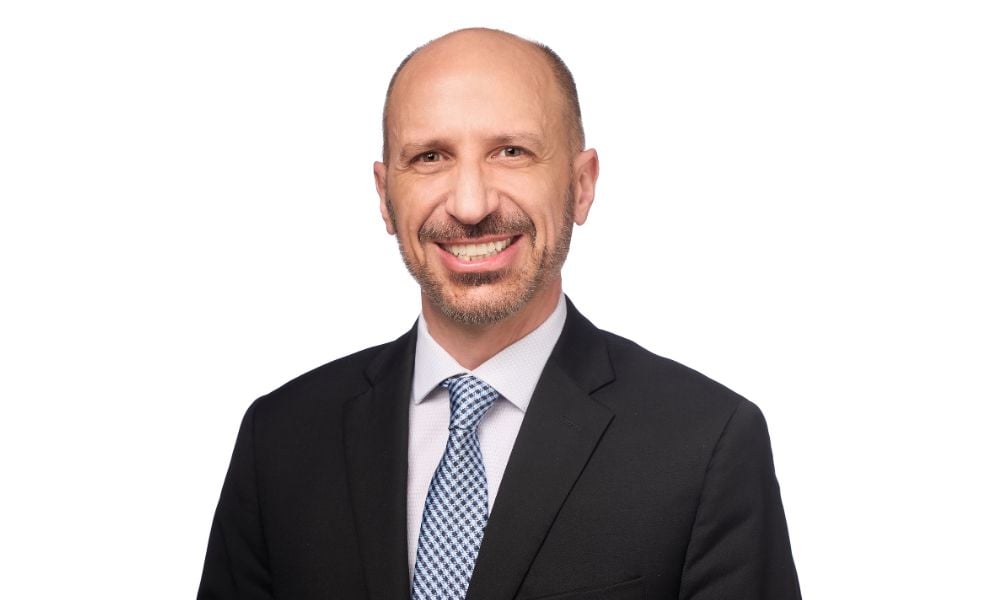IG Wealth Management's Aurèle Courcelles shares insights

Proposed changes to Canada’s capital gains tax have been on advisors’ minds since they were announced in the federal budget in 2024. And they remain a major priority for clients.
But Aurèle Courcelles, assistant VP, Tax and Estate Planning at IG Wealth Management told WP that there are other considerations that could make a significant difference to tax liabilities.
Although many actions must have been taken by the end of 2024, RRSP contributions can still be made until March 3, 2025, to be eligible for deduction on 2024 tax returns where there is room to make unused contributions.
“For individuals who have or will turn 71 years of age in 2024 and have RRSP contribution room, any contributions to their own RRSP must be made by December 31, 2024,” clarified Courcelles. “Contributions to a spousal RRSP for a younger spouse can be made until March 3, 2025.”
For those wishing to make withdrawals from RRSPs, but who have not yet done so, there may be a tax benefit in making the withdrawal early in 2025 if the individual is in a lower tax bracket.
It’s too late for contributions to FHSAs to be deducted on a 2024 tax return.
For 2025 tax and estate planning, Courcelles highlights that, with interest rates coming down, some individuals need help making decisions related to the use of their surplus funds or planning for retirement (i.e. pay down mortgage that may be locked into a higher rate, contribute to TFSA, FHSA, or RRSP).
And with younger generations facing challenges with their own finances, older clients may be considering how to help them.
“Many parents with adult children are looking to help their children financially, possibly advancing part of their inheritance,” said Courcelles. “This can include helping with the purchase of a home or other significant expense. The pros and issues related to gifting vs loaning the funds should be discussed with a financial advisor.”



